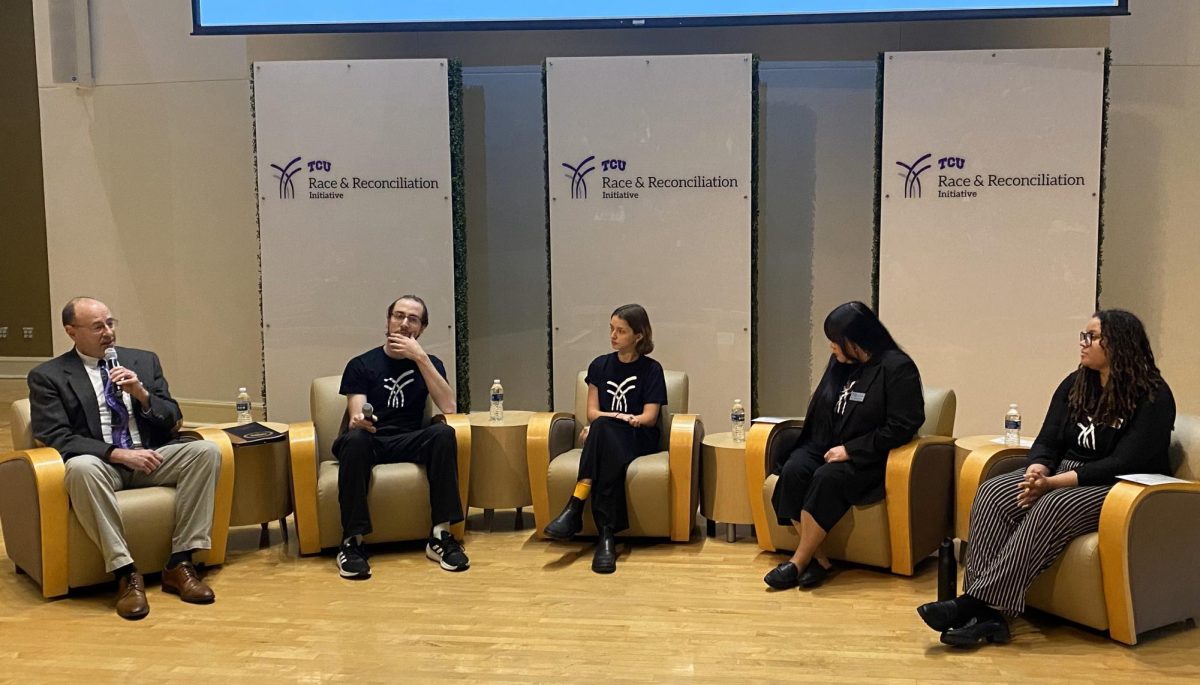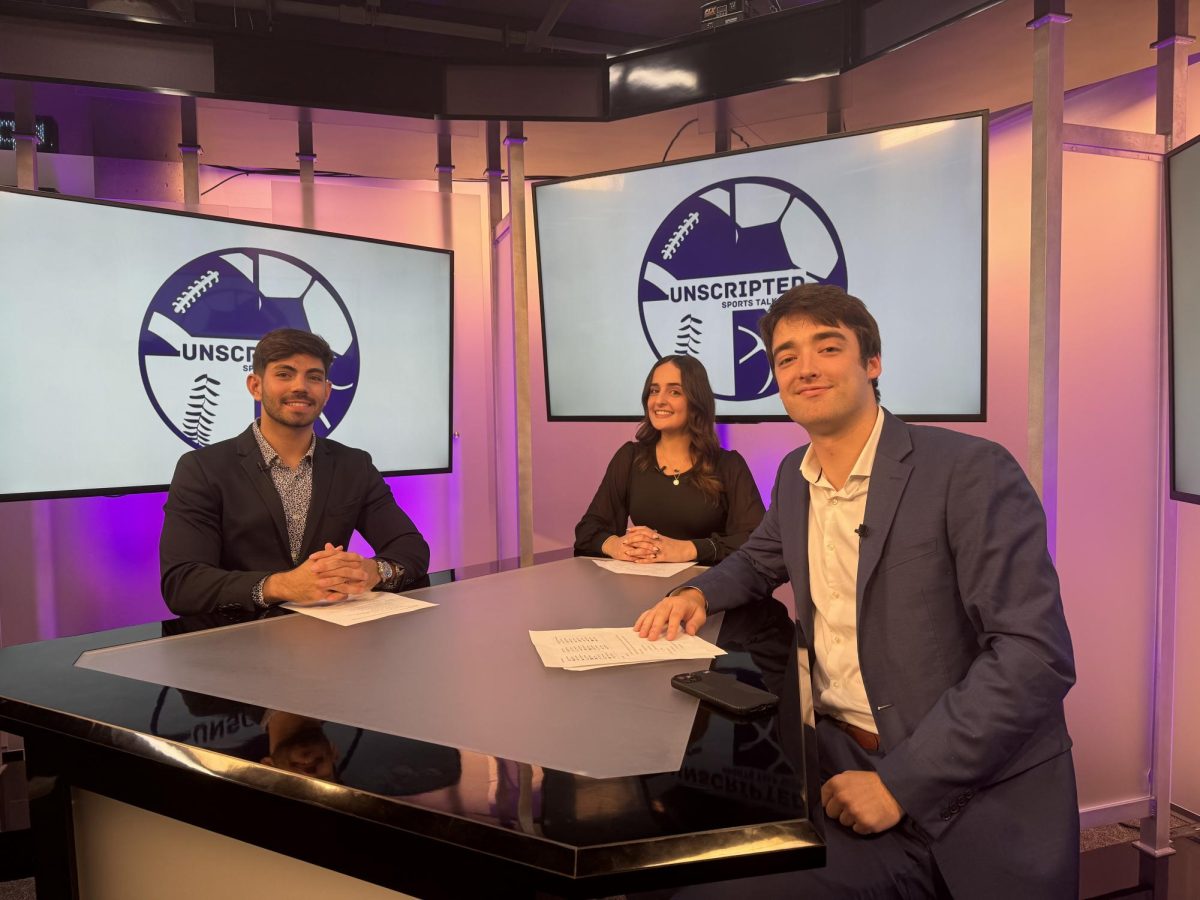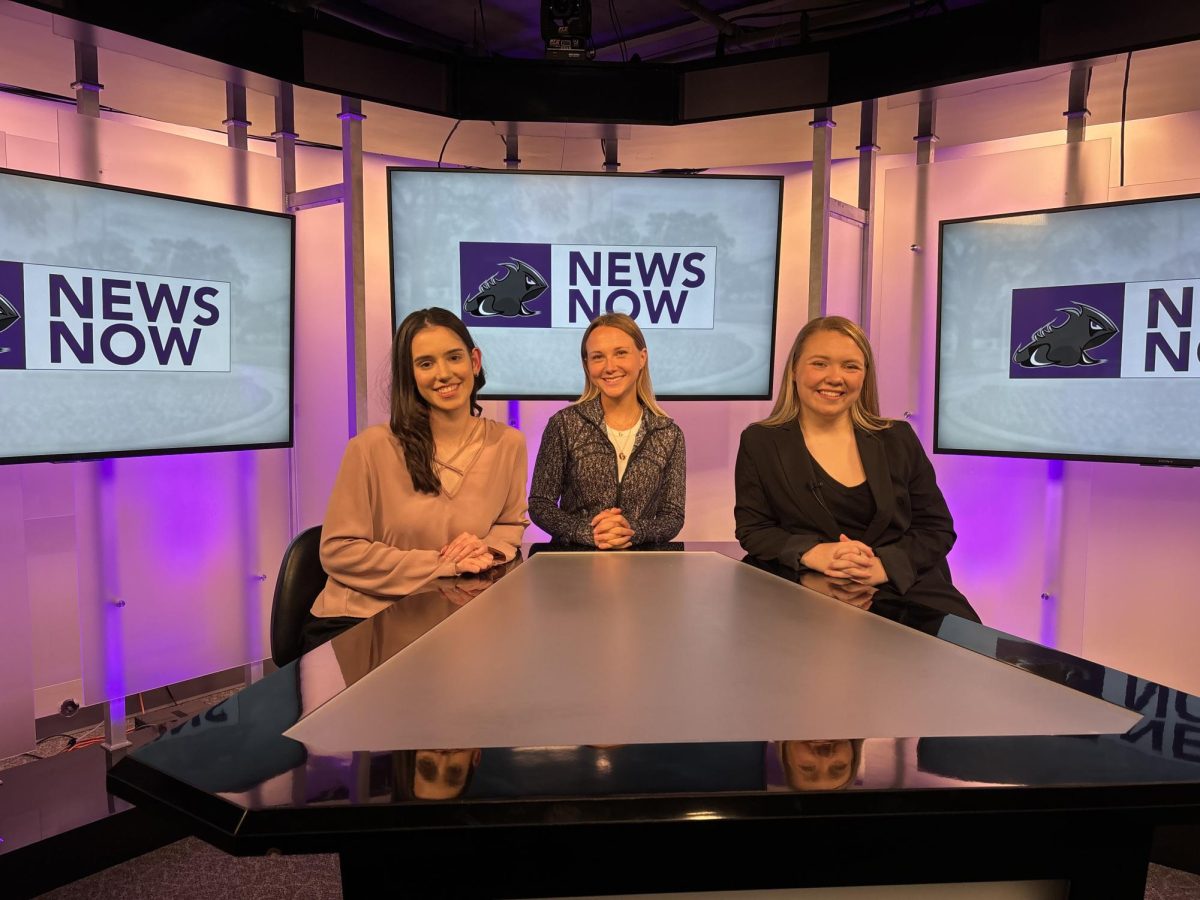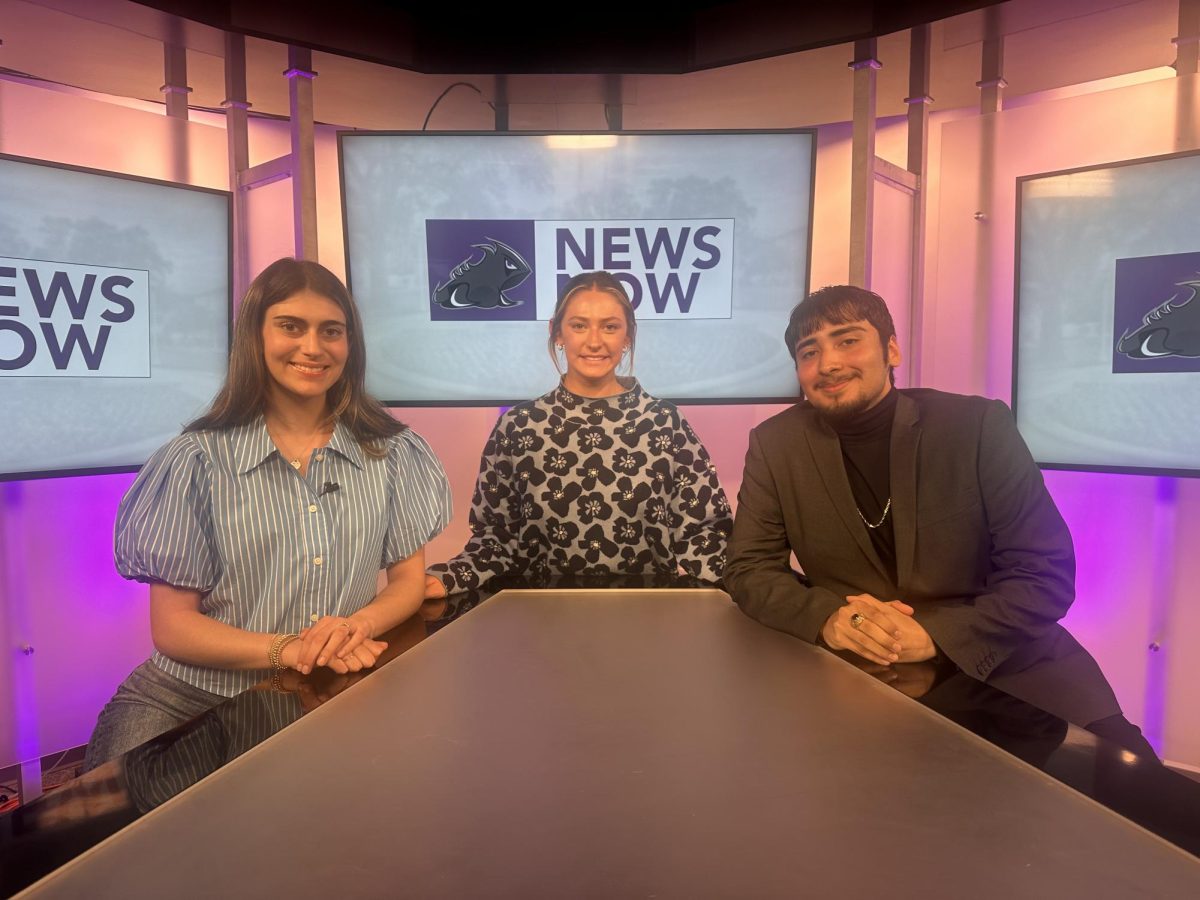According to a recent survey conducted by the National Association of Colleges and Employers, the unpaid internship remains quite common. Out of 38,000 responses from college students, 48 percent had unpaid internships.
Those who take an unpaid internship often have to work additional jobs as a source of income, making such positions less attractive to college students on a tight budget. The university's new Internship Scholarship Program made unpaid internships financially possible for 151 students this past summer.
Career Services introduced the Internship Scholarship Program in the spring of 2013. Susan Sledge, employer relations manager for TCU Career Services, said the goal of the scholarship is to encourage students to accept internships they need in order to be competitive when applying for jobs, even if the position is unpaid.
Sledge said that in its inaugural year, 151 students were awarded scholarships in amounts ranging from $300 to $3,000. There are only half a dozen other universities in the nation that have a similar program, Sledge said. The funds for the program were provided by a grant from The Leggett Foundation, with additional support provided by university funds allocated by Chancellor Victor Boschini.
“I think that really speaks to the commitment that the school has,” Sledge said.
Out of the 151 students, 33 received another internship offer and seven received a full-time job offer.
Sara Busby, a senior communication studies major, interned without pay for the Alzheimer’s Association over the summer and was asked to continue as an intern during the school year.
Busby said she only accepted the first internship offer because of the scholarship.
“I had to pay for rent over the summer, so that’s basically what the scholarship covered,” Busby said.
The internship scholarship also allowed Ryan Tiglas, senior political science and history double major, to have a meaningful experience this past summer working for Sen. Wendy Davis.
Tiglas said it is very difficult to find paid political internships and that he would not have been able to accept a full-time unpaid position without receiving the scholarship. In addition to his studies this semester, Tiglas continues to intern for the senator part-time.
“With the internship scholarship, I was able to work full-time for someone who I fully, completely believe in and actually really respect,” he said.
Sledge said the university plans to continue the Internship Scholarship Program.
“Now it’s a matter of development, and for all of us to work together to see how much funding we can raise,” she said.
Given the success of the Internship Scholarship Program's in its inaugural year, Sledge said there is a good chance of its continuation next summer.








